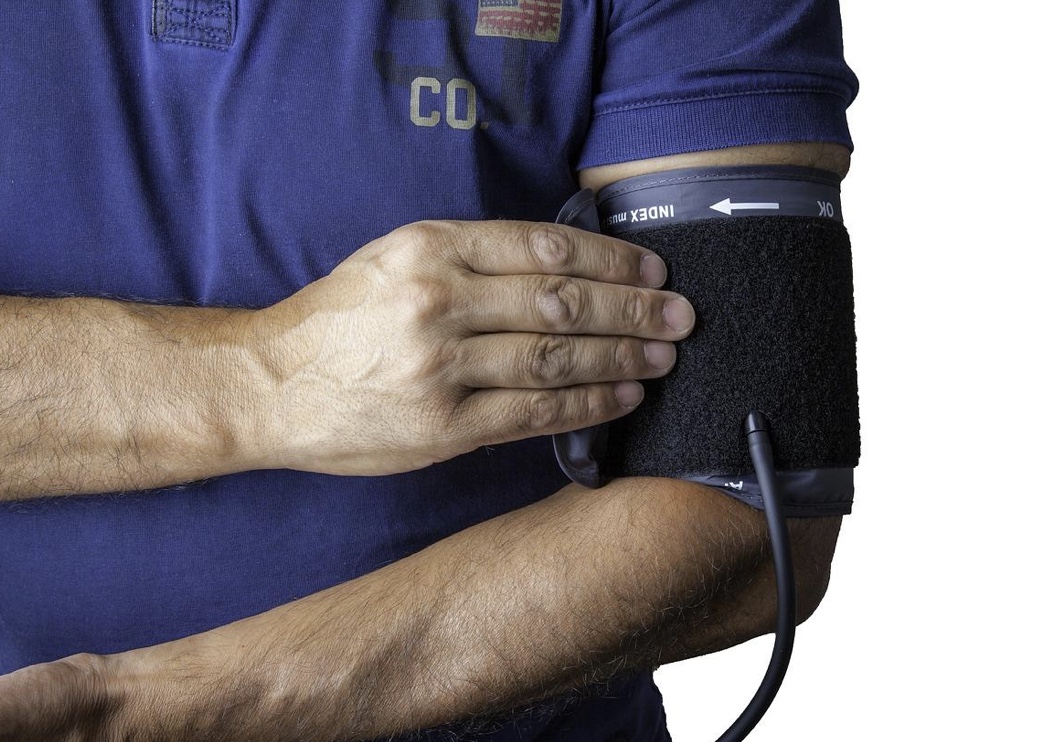One of the many requirements of holding any career is to continue developing through it, and the medical sector is no different. Medical providers such as nurses and doctors making up the sector need to continue polishing their skills. Nurses, in particular, need to pay attention to their professionalism. One of the reasons is the increased patient and nurse interaction within the sector. Moreover, nurses are pivotal in drawing the complete picture for doctors, and with more professional development opportunities, they’ll do a much better job.
Nurse practitioners are in a unique position to provide high-quality care. However, they cannot do this without continually investing time and effort into their professional development. It can lead to greater job satisfaction and improved clinical outcomes for patients by giving them the best possible care when it is most needed. If you’re a nurse contemplating professional development, here’s why you should act on it:
1. More Specializations
The healthcare sector can always use a more hands-on deck. Patients care about fast and effective diagnosing. If a nurse has more professional development, the chances of them helping a hospital is high. Professional development programs contain knowledge and training that makes a nurse more privy to their duties. Nurses can easily cross thresholds of professionalism by attending any NP school and getting higher qualifications. Programs that are structured online hold potential for being self-paced and fruitful.
NPs work in both primary and urgent care services. They get trained enough to work in different specializations. They assess, diagnose, order, and even interpret medical tests such as working in oncology.
2. Better Patient Nurse Interaction
Nurses with basic training can cover the basics with a patient. They can easily collect information from them and administer primary care, such as taking their blood pressure. However, with professional development, they can even start treatment right there and then. Nurses with more professional training have a better understanding of symptoms and diseases.
They have the jurisdiction to work independently with patients. In many cases, nurses working hand in hand with doctors take the burden off the healthcare sector. In less time, more patients get checked, which increases hospital outcomes.
3. Deeper Self Evaluation
Medical providers need to have confidence in their skills. There is no time for them to second guess themselves. When nurses pursue the opportunity to work on their skills, they have a deeper insight into what they’re capable of. Professional development also covers technical skills. The healthcare sector has heavy incorporation of machines, and there are more to come. While there are lab technicians available, sometimes nurses may need to administer a test right away.
When they know how to operate and interpret tests, it helps them work more with patients. Professionally developed nurses are also much better at setting boundaries. They know what they can take on and what should get left for the doctors.
4. Opportunities To Mentor
Mentoring is an essential aspect of nursing. It includes imparting knowledge as well as helping new nurses understand the job better. When new nurses come on board, they need guidance. Doctors can provide some of it to a certain extent, but nurses can relate better with recruits. With effective leadership, professional nurses can help new nurses fit into their new roles right away.
It is also immensely reassuring to have someone with knowledge and skills watching your back. Mentoring can help the medical sector match suitable talent. However, mentorship doesn’t need to limit itself to the hospital walls. Nurses can extend their knowledge by teaching in nursing schools. If they work on nurses from the get-go, they increase the chances of making self-assured and confident nurses.
5. Improving The Public Health Sector
The public health sector is a multifaceted sector that focuses on public health. It is all about studying, educating, and working on health goals outside hospital walls. Nurses with a professional skill set are an asset to the public health sector. They can work in collaboration with public health professionals to improve outcomes. Nurses can help understand the transmission of diseases and how infrastructure plays a massive role. When disease propagation is understood, it is easier to educate the masses.
Providing care for the public can help improve medical outcomes too. For instance, if a community is suffering from drug-related problems, the community stays stagnant unless drug usage gets curbed. Public health officials can discuss drug usage and its consequences. Nurses can check on patients using drugs and connect them to rehabs or check them into a clinic for care. Apart from education, nurses can also set up retail clinics to ensure people receive primary care. It is only through collaborative efforts that society can come together in peace.
6. Travel Beyond Their States
Traveling nurses play an essential role in medicine. Not every state or city has the best medical resources. Nurses who get professionally developed are qualified to travel. They can offer their expertise and help to other hospitals. Their knowledge and talent can help improve medical outcomes as well as collect data on where hospitals are lacking. Management of the patient’s body is essential. It is also necessary to connect them to the right resources.
If nurses notice a shortage of ICUs, they can help transpire patients to another hospital. Simultaneously, they can talk to the concerned hospital board and figure out how to improve the availability of resources. While on the road, these nurses can also document their travels which can help health governing bodies. Statistics help in understanding diseases that encompass the population and what to do to remedy them.
7. Policymakers
Hospitals are on the constant lookout for improving policies. These policies dictate patient treatment and staff management. However, nurses can help paint a larger picture. Since most nurses have immense experience working with patients, they know them. They understand better what makes healthcare difficult for patients and what makes it easier. Suppose nurses understand that some forms of diseases make it difficult for patients to travel. In such cases, administering telehealth is more feasible for them if they only need routine checkups.
Similarly, nurses may have noticed that the hospital could have better sanitation standards. They take into account how immunocompromised patients may find improved sanitation more suitable for them. Policies shift the way hospitals work. They act as a gateway in introducing new measures and discarding older ones. However, a policy must come from a place of experience.
Wrap Up
Nurse practitioners are in a professional development phase their entire careers. They need to be aware of the newest advancements and techniques to provide an exemplary level of care for their patients. It is not just about being knowledgeable but also putting that knowledge into practice to continually improve themselves as professionals.
These professionals have the skills and talent to work with patients directly and guide them to appropriate resources. These nurses can also step in as mentors and make sure a standard of healthcare is maintained throughout. In addition, these nurses can also travel out of state to help other hospitals improve their outcomes. The public health sector also benefits from their expertise. In culmination, when nurses experience all these opportunities, it shapes them to be better caregivers. They also become pivotal for reshaping and introducing better policies.






